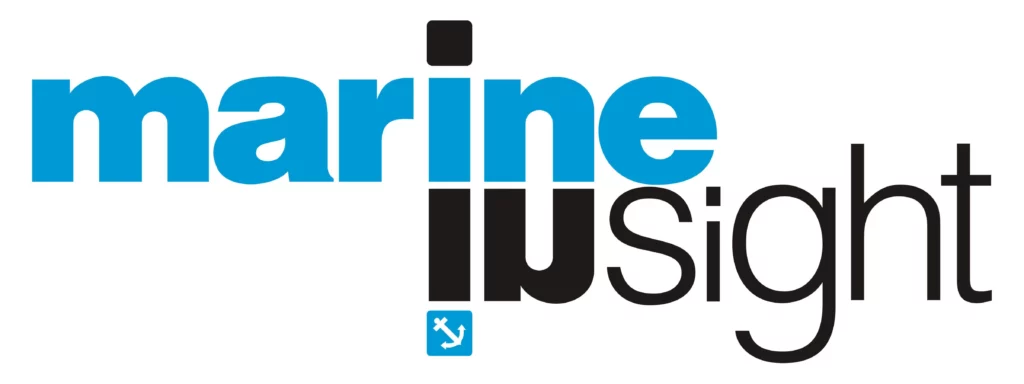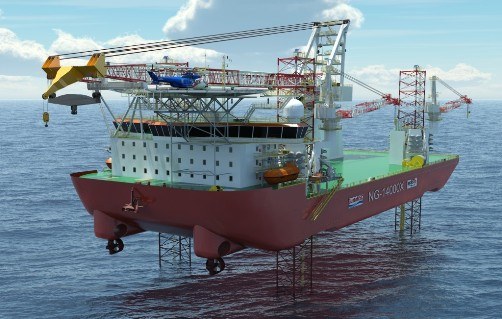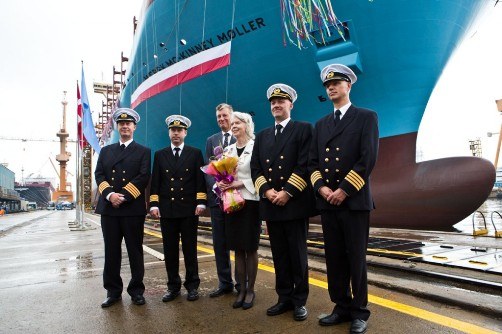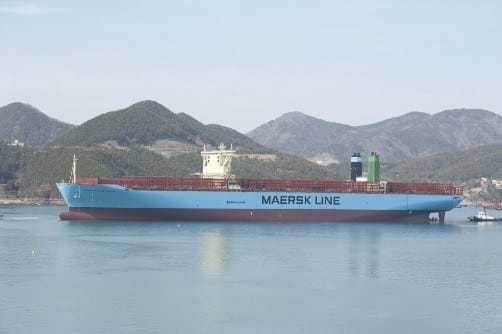Rising Sea Levels Threaten Global Oil Shipments, Recent Study Warns

Rising sea levels threaten global oil shipments, which could risk energy security dependent on nations such as China, Japan and South Korea.
According to a recent study by the China Water Risk (CWR) think tank, melting ice and swelling seas could raise sea levels by several meters, drowning crucial oil ports and disrupting global oil traffic.
The report “Crude Awakening! Fast Rising Seas Threaten Seaborne Oil & Energy Security: Japan & South Korea” demonstrates the risk of flooding many of the world’s largest oil terminals.
A 2021 Intergovernmental Panel on Climate Change (IPCC) report predicted that average sea levels would rise by more than a meter by the end of the century, with a two-meter rise not ruled out.
According to CWR’s stress test on maritime infrastructure, a one-meter rise in sea levels is predicted to damage 12 of the top 15 tanker terminals.
This includes five Asia terminals, which could threaten up to 42% of global crude oil exports from Saudi Arabia, Russia, the United States, and the United Arab Emirates.
This would affect 45% of crude supplies to key importers, including China, the United States, South Korea, and the Netherlands.
Japan and South Korea, which import around three-quarters of their crude oil through vulnerable ports, may have their receiving ports impacted by increasing sea levels.
Debra Tan, CWR director and the lead author, highlights the importance of these countries taking the lead in transitioning away from oil and strengthening port infrastructure resilience.
Tan warned that their oil habit might destroy their futures if they were far from offering energy security.
According to the analysis, a one-meter rise in sea level may interrupt nearly half of worldwide crude exports and imports.
In contrast, a two-meter rise would have an even greater impact on critical terminals such as those in Suez and Said.
The consequences for energy and economic security are enormous, especially for Asian countries that rely significantly on seaborne oil imports.
CWR highlights the importance of addressing these hazards.
Rising sea levels are caused by warming oceans and faster-than-expected polar ice sheet losses.
With global temperatures continuing to rise, the possibility of a rise in fast sea level poses a severe threat to coastal communities and infrastructure.
The study calls for immediate action, encouraging governments, asset owners, banks, port operators, and energy dealers to prioritise sea-level rise assessments and port resilience.
With its large role in the global energy supply, Asia is well-positioned to lead the transition to renewables, electric vehicles, and lower reliance on petrochemicals.
The CWR analysis highlights the paradox that, while oil is considered a cornerstone of energy security, its ongoing usage worsens climate change, threatening the infrastructure supporting the global oil trade.
The report’s results emphasise the risks and opportunities for investing in robust infrastructure and transitioning to sustainable energy sources.
Reference: Reuters
Disclaimer :
The information contained in this website is for general information purposes only. While we endeavour to keep the information up to date and correct, we make no representations or warranties of any kind, express or implied, about the completeness, accuracy, reliability, suitability or availability with respect to the website or the information, products, services, or related graphics contained on the website for any purpose. Any reliance you place on such information is therefore strictly at your own risk.
In no event will we be liable for any loss or damage including without limitation, indirect or consequential loss or damage, or any loss or damage whatsoever arising from loss of data or profits arising out of, or in connection with, the use of this website.
Disclaimer :
The information contained in this website is for general information purposes only. While we endeavour to keep the information up to date and correct, we make no representations or warranties of any kind, express or implied, about the completeness, accuracy, reliability, suitability or availability with respect to the website or the information, products, services, or related graphics contained on the website for any purpose. Any reliance you place on such information is therefore strictly at your own risk.
Do you have info to share with us ? Suggest a correction
About Author
Marine Insight News Network is a premier source for up-to-date, comprehensive, and insightful coverage of the maritime industry. Dedicated to offering the latest news, trends, and analyses in shipping, marine technology, regulations, and global maritime affairs, Marine Insight News Network prides itself on delivering accurate, engaging, and relevant information.

About Author
Marine Insight News Network is a premier source for up-to-date, comprehensive, and insightful coverage of the maritime industry. Dedicated to offering the latest news, trends, and analyses in shipping, marine technology, regulations, and global maritime affairs, Marine Insight News Network prides itself on delivering accurate, engaging, and relevant information.
Related Articles
Daily Maritime News, Straight To Your Inbox
Sign Up To Get Daily Newsletters
Join over 60k+ people who read our daily newsletters
By subscribing, you agree to our Privacy Policy and may receive occasional deal communications; you can unsubscribe anytime.





BE THE FIRST TO COMMENT